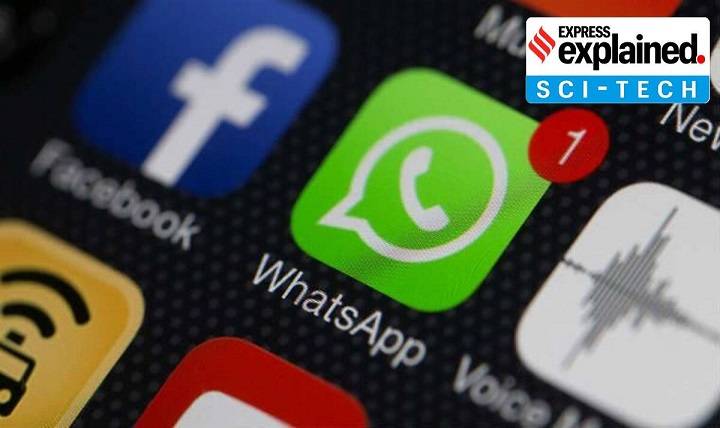
In 2014, Facebook made a bold move by acquiring WhatsApp, the popular messaging app, for a whopping $19 billion. The move was considered a strategic one, as WhatsApp had already amassed a user base of over 450 million at the time. However, the acquisition wasn’t without controversy. In this article, we will take a brief look at the events leading up to the acquisition and the controversies that followed.
The Beginning of WhatsApp
Facebook’s Acquisition of WhatsApp was founded in 2009 by Jan Koum and Brian Acton. The app quickly gained popularity due to its simplicity and its ability to work across different platforms. The founders also focused on privacy and security, which was a major selling point for many users.
Facebook’s Acquisition
In February 2014, Facebook announced its intention to acquire WhatsApp for $19 billion. The deal was finalized in October of the same year, and WhatsApp became a subsidiary of Facebook. Many were surprised by the size of the acquisition, as Facebook’s Acquisition of WhatsApp was not generating significant revenue at the time. However, Facebook CEO Mark Zuckerberg saw the acquisition as a way to expand Facebook’s reach and to tap into WhatsApp’s massive user base.
The Controversy
The acquisition of WhatsApp was not without controversy. Many were concerned about the implications of Facebook owning such a popular messaging app. Privacy advocates were particularly worried, as Facebook had a reputation for collecting and using user data for targeted advertising. WhatsApp had also built its reputation on privacy and security, and users were concerned that this would be compromised under Facebook’s ownership.
In 2016, WhatsApp made changes to its privacy policy, which included sharing user data with Facebook. This sparked outrage among users, who felt that Facebook’s Acquisition of WhatsApp had betrayed their trust. Many users began looking for alternative messaging apps, and some even deleted their WhatsApp accounts.
In 2017, the European Union fined Facebook $122 million for providing misleading information about the acquisition of Facebook’s Acquisition of WhatsApp. The EU found that Facebook had not informed regulators about its ability to link Facebook and WhatsApp user accounts.
In 2020, WhatsApp made another controversial change to its privacy policy, which required users to share their data with Facebook. This led to a surge in downloads of alternative messaging apps, such as Signal and Telegram.
The Future of WhatsApp
Despite the controversies, Facebook’s Acquisition of WhatsApp remains one of the most popular messaging apps in the world. As of 2021, the app has over 2 billion users worldwide. Facebook has also continued to invest in the app, adding new features such as payment integration and disappearing messages.
Conclusion
The acquisition of Facebook’s Acquisition of WhatsApp by Facebook was a major event in the tech industry. While the move was strategic, it was not without controversy. The concerns over privacy and data sharing continue to be a hot topic, and users are increasingly looking for alternative messaging apps. It remains to be seen what the future holds for WhatsApp under Facebook’s ownership, but one thing is certain – the controversy surrounding the acquisition is far from over.




